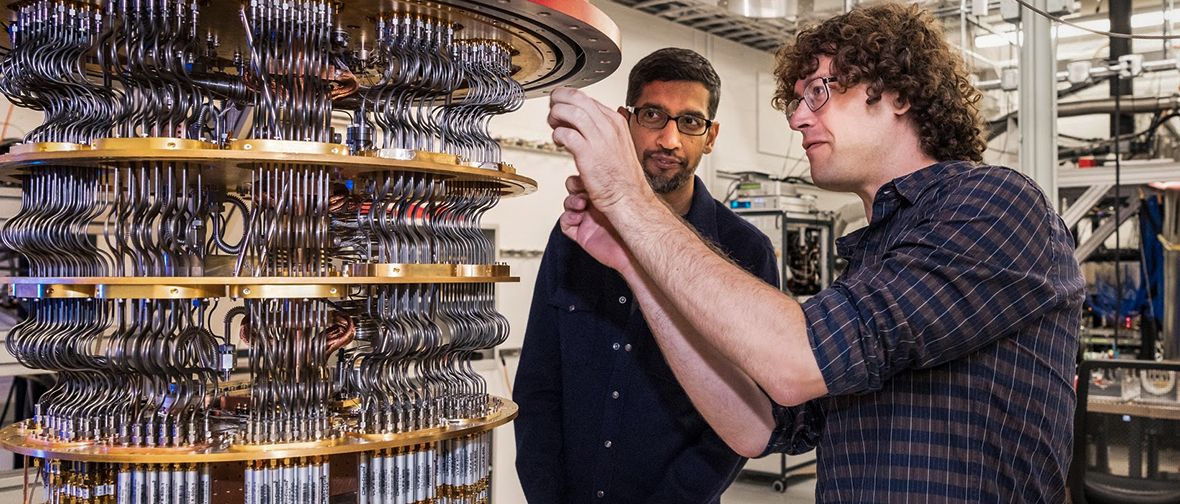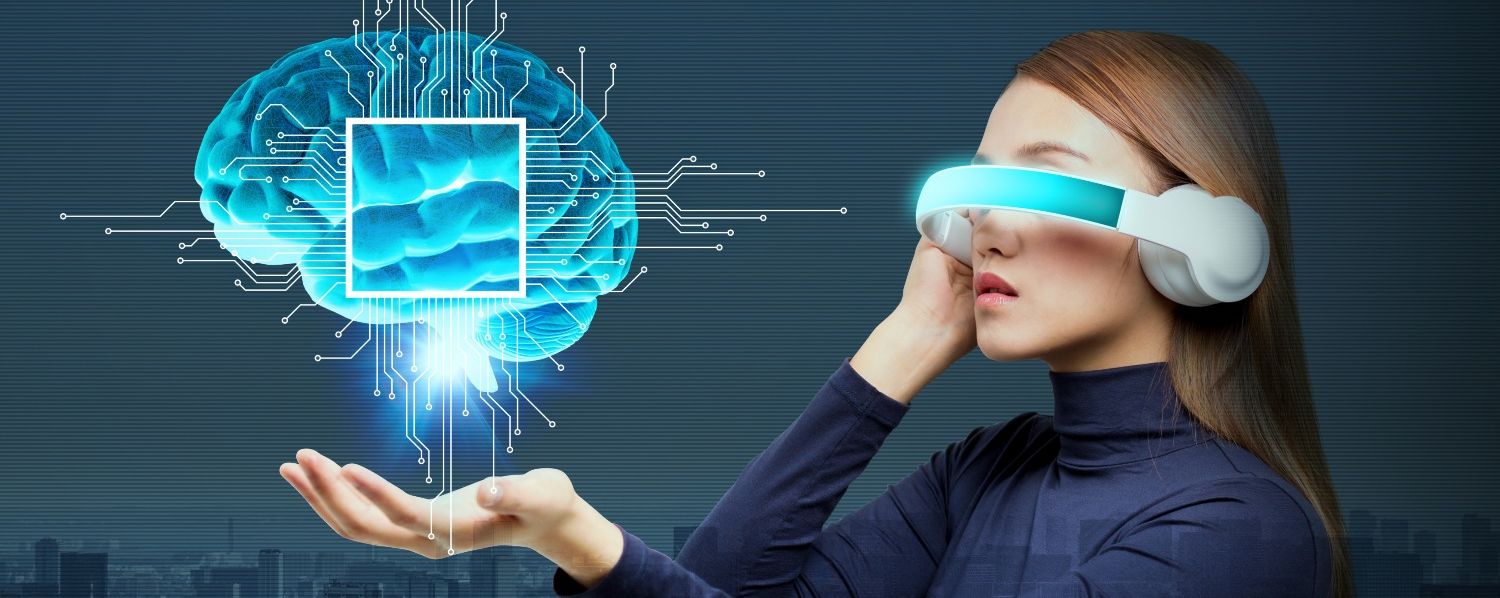In the realm of computation and artificial intelligence (AI), there are continuous advancements in technology.
One of the most exciting developments in recent years is the concept of Quantum AI, or quantum artificial intelligence. Quantum AI represents the fusion of quantum computing with artificial intelligence methods, opening new horizons for information processing and solving complex problems.
What is Quantum AI?
Quantum AI is the merging of two cutting-edge areas of technology: quantum computing and artificial intelligence. It is a new direction in information technology that leverages the principles of quantum mechanics to create more powerful and efficient machine learning algorithms, data analysis, optimization, and other tasks.
Quantum AI harnesses the advantages of quantum computing, such as superposition and entanglement, to process information in incredibly short periods and solve tasks that classical computers cannot efficiently handle.
This opens up new perspectives in various fields, including pharmaceuticals, finance, science, technology, cryptography, and more. Quantum AI can help accelerate the development of new drugs, optimize financial operations, develop more efficient machine learning algorithms, and solve complex optimization problems.
While Quantum AI is still in its early stages of development, it holds tremendous potential for transforming many aspects of our lives and work, opening new horizons for innovation and progress.

Who created Quantum AI?
Quantum AI is the result of the convergence of research and development in the fields of quantum computing and artificial intelligence. It's not possible to point to a single creator of Quantum AI because it represents an area of research in which numerous scientists, engineers, and specialists worldwide contribute.
Quantum computing and artificial intelligence have been evolving in parallel, and contemporary research seeks to combine their capabilities to create more powerful and efficient systems. Many companies, universities, and research centers are actively engaged in this area, including Google, IBM, Microsoft, as well as numerous startups and academic groups.
Developments in this field include the creation of quantum algorithms for solving machine learning, optimization, cryptography, and many other areas, as well as the development of hardware platforms capable of executing these algorithms.
In short, Quantum AI is the result of the collective efforts of many researchers and engineers working in the fields of quantum computing and artificial intelligence.

How to use Quantum AI?
The use of Quantum AI (quantum computing in artificial intelligence) opens up vast opportunities in various fields, including science, technology, medicine and many others. Here are a few areas where Quantum AI can be applied:
- Process optimization: Quantum algorithms can solve complex optimization problems that are currently ineffective for classical computers. This includes schedule optimization, supply chain management, energy optimization and more.
- Machine learning and data analytics: Quantum AI can improve the efficiency of machine learning and data analytics algorithms, allowing you to process and analyze large amounts of information faster and more efficiently.
- Chemical Modeling and Pharmaceuticals: Quantum AI can be used to accurately model molecular structures and reactions to help develop new drugs and materials.
- Cryptography and Security: Quantum computing can offer new encryption and cryptography methods that provide higher levels of security compared to classical algorithms.
- Financial Analytics and Forecasting: Quantum AI can be used to predict market trends, optimize investment portfolios, and manage risk.
- Artificial Intelligence and Robotics: Quantum AI can improve the efficiency of artificial intelligence algorithms, resulting in more intelligent and autonomous robotics systems.
Using Quantum AI in these areas can lead to significant breakthroughs and innovations, enriching our daily lives and improving the functioning of various sectors of the economy.
Conclusion
Quantum AI opens up new horizons for the development of computing and artificial intelligence. Although this technology is still in its early stages of development, its potential to solve complex problems and create new technological capabilities is undeniable. In the coming years, Quantum AI is expected to continue to attract the attention of researchers, engineers and entrepreneurs, opening the door to new innovations and transformations in various industries and fields of science.



